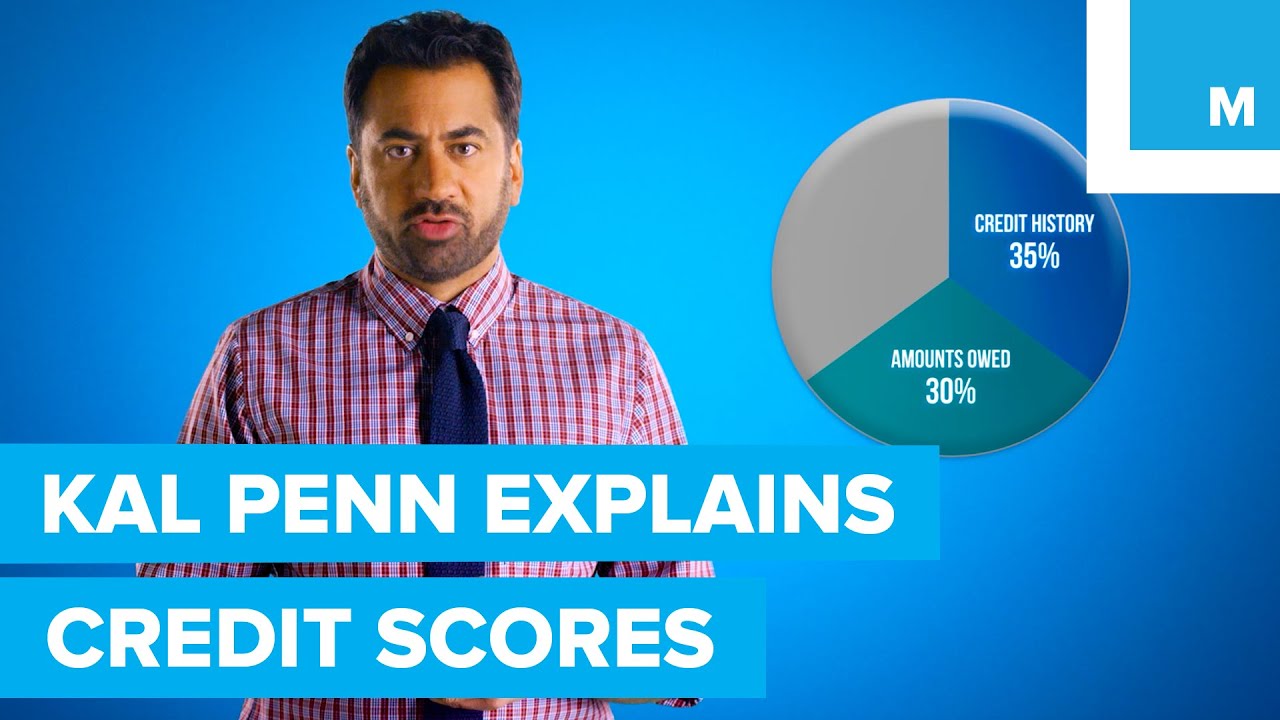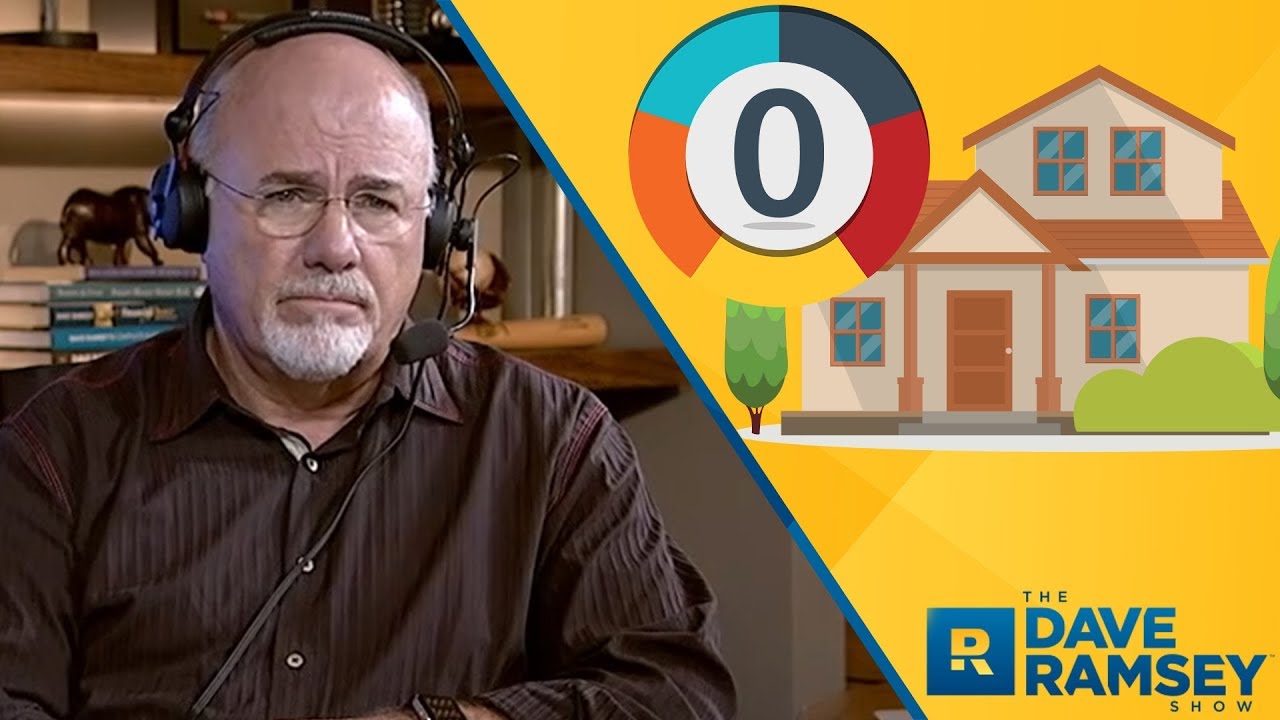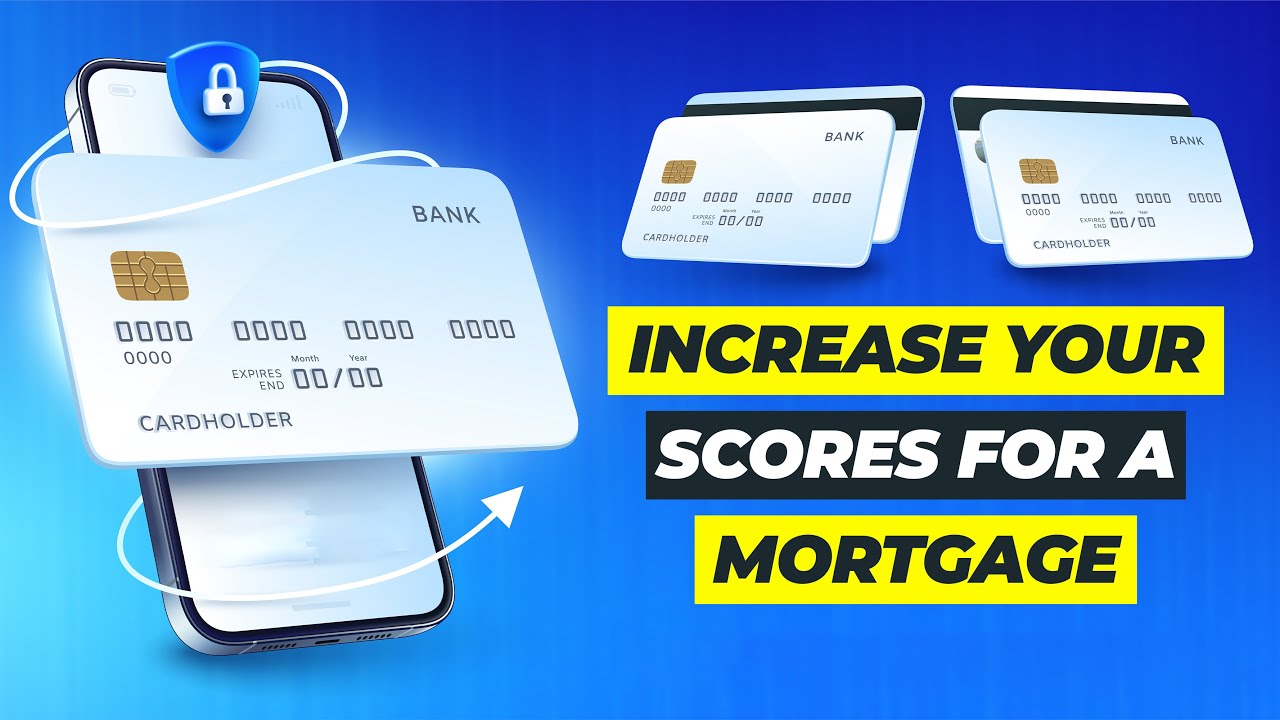How To Get A Mortgage With No Credit Score
When it comes to getting approved for a mortgage, having a good credit score is often seen as a key requirement. However, what happens if you don't have a credit score? Whether you're a recent graduate or simply haven't had the opportunity to establish credit, there are still ways to get approved for a mortgage. In this article, we'll explore some strategies for getting a mortgage with nocredit score.
The Hook aims to provide its readers with entertaining and informative content that is both accessible and engaging and can help you with strange topics like this.
Understand The Importance Of Credit Scores
Before we dive into how to get amortgage with no credit score, it's important to understand why credit scores are so important in the first place. Essentially, a credit score is a measure of how likely you are to repay your debts on time. Lenders use credit scores to evaluate the risk of lending you money. The higher your credit score, the lower the risk you pose to the lender.
Without a credit score, it can be more difficult for lenders to evaluate your creditworthiness. However, that doesn't mean you can't get approved for a mortgage. Here's how.

What is a Credit Score? Kal Penn Explains | Mashable
Consider Alternative Credit Data
Even if you don't have a traditional credit score, you may still have other forms of credit data that can be used to evaluate your creditworthiness. For example, if you've been paying your rent or utility bills on time, that can be a positive indicator to lenders that you're responsible with your finances.
There are also alternative credit reporting agencies that can provide lenders with a more complete picture of your creditworthiness. These agencies may look at things like your rent payments, cell phone bills, and other non-traditional forms of credit data.

How Do I Get A Mortgage with a Zero Credit Score?
Look For Lenders That Can Get A Mortgage With No Credit Score
Believe it or not, there are some lenders out there that don't require credit scores. These lenders may instead look at other factors like your employment history, income, and assets to evaluate your creditworthiness. You may need to do some research to find these lenders, but they can be a great option if you don't have a credit score.
Get A Co-Signer
If you're having trouble getting approved for a mortgage on your own, you may want to consider getting a co-signer. A co-signer is someone who agrees to take responsibility for the mortgage if you're unable to make the payments. Having a co-signer with a good credit score can help offset the fact that you don't have a credit score of your own.
Save For A Larger Down Payment
Another way to increase your chances of getting approved for a mortgage with no credit score is to save up for a larger down payment. By putting down more money upfront, you're reducing the risk to the lender and showing them that you're serious about the investment.
Potential Challenges
While getting a mortgage without a credit score is possible, there may be some challenges along the way. Here are some potential hurdles you may face:
- Limited loan options: Since not all lenders are willing to work with borrowers without credit scores, your loan options may be limited.
- Higher interest rates: Even if you do find a lender that's willing to work with you, you may end up with higher interest rates than someone with a good credit score.
- Stricter requirements: Lenders may require more documentation or proof of income from borrowers without credit scores to offset the risk.
- Longer approval process: It may take longer to get approved for a mortgage without a credit score since lenders may need to do more research to evaluate your creditworthiness.
Alternative Credit Data
When applying for a mortgage without a credit score, it's important to consider alternative credit data that can help demonstrate your creditworthiness. Here are some examples of alternative credit data that lenders may consider:
- Rent payments: If you've been making timely rent payments for a few years, you can ask your landlord to provide rental verification to the lender.
- Utility bills: Paying your utility bills on time can also demonstrate your creditworthiness.
- Bank statements: Providing several months of bank statements can show a lender that you have a stable source of income and that you manage your money responsibly.
- Employment history: Lenders may consider your employment history, including the length of time you've been at your current job and your income.
- Asset verification: If you have substantial assets, such as savings or retirement accounts, you may be able to use them as collateral or to show your financial stability.
Finding Lenders
Not all lenders are willing to work with borrowers without credit scores, but some specialize in these types of loans. Here are some tips for finding lenders:
- Ask around: Talk to friends, family, and colleagues who have gone through the home-buying process. They may know of lenders that specialize in working with borrowers without credit scores.
- Research online: Look for lenders that offer "non-traditional" or "non-conventional" loans. Be sure to read reviews and check their ratings with the Better Business Bureau.
- Work with a mortgage broker: A mortgage broker can help connect you with lenders that specialize in working with borrowers without credit scores.

How To RAISE Your CREDIT SCORE When Applying For A Mortgage
Other Factors To Consider
While not having a credit score may seem like a roadblock to getting a mortgage, there are other factors that lenders consider when evaluating borrowers. Here are some additional factors to consider:
- Income: Lenders will want to see that you have a steady source of income that's sufficient to cover your mortgage payments and other expenses.
- Debt-to-income ratio: This is the ratio of your monthly debt payments to your monthly income. Lenders prefer borrowers with a low debt-to-income ratio.
- Down payment: A larger down payment can help offset the risk of lending to someone without a credit score.
- Employment history: Lenders may consider your employment history, including the length of time you've been at your current job and your income.
- Property value: Lenders will also consider the value of the property you're buying.
Applying For A Mortgage
When applying for a mortgage without a credit score, it's important to be prepared to provide additional documentation and information. Here are some tips for the application process:
- Research lenders: Make sure to research lenders that specialize in working with borrowers without credit scores.
- Gather alternative credit data: Be prepared to provide alternative credit data, such as rental verification and bank statements.
- Provide proof of income: Make sure to provide proof of income, such as pay stubs, tax returns, or bank statements.
- Consider a co-signer: If you have someone with good credit who is willing to co-sign your mortgage, it can increase your chances of getting approved.
- Be patient: It may take longer to get approved for a mortgage without a credit score, so be prepared for a longer application process.
People Also Ask
Can I Get A Mortgage If I Dont Have A Credit Score?
Yes, it is possible to get a mortgage or loan without a credit score, although it may be more challenging. Lenders typically rely on credit scores as an indicator of a borrower's creditworthiness, but there are alternative credit data sources that can be used to evaluate borrowers who don't have a credit score
How To Get A Loan If You Have No Credit Score?
Some lenders specialize in working with borrowers without credit scores, so it's important to do your research and find a lender that is willing to work with you. You may also need to provide additional documentation and information, such as proof of income and alternative credit data, to increase your chances of approval.
Can You Get Approved With No Credit Score?
Yes, it is possible to get approved for a loan or mortgage even if you don't have a credit score. Lenders may use alternative credit data to evaluate borrowers without credit scores. This could include information about your rental payments, utility bills, or other financial obligations that demonstrate your ability to make regular payments on time. However, it's important to keep in mind that not having a credit score may limit your options and make it more difficult to get approved for certain types of loans or mortgages. Additionally, lenders may require additional documentation and information to evaluate borrowers without credit scores, so it's important to be prepared to provide this information.
Conclusion
Getting approved for a mortgage without a credit score may seem daunting, but it's not impossible. By understanding the importance of credit scores, considering alternative credit data, looking for lenders that don't require credit scores, getting a co-signer, and saving for a larger down payment, you can increase your chances of getting approved for the mortgage you need. So don't let a lack of credit history hold you back from achieving your homeownership goals.
